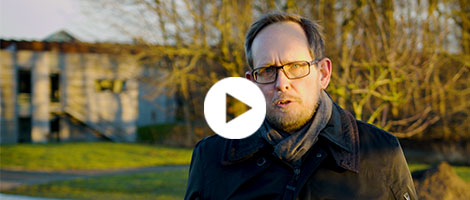SDU’s leadership compass
The leadership compass aims to help managers to be able to handle the many different types of management tasks that result from working at a large university with a composite university population with many connections to the surrounding local, national and global communities.
Leadership is about bringing human skills and resources into play, so that we as a university can pursue our goals and solve our tasks. Good leadership helps employees, students, partners and the University succeed in their purposes and ambitions. In doing so, SDU creates value for and together with society.
The ambition for leadership at SDU is supported by a number of offers for managers for use in their managerial development. You can find them here on the Management Portal.
Resources:
-
SDU prioritises lifelong managerial development
Preamble to the leadership compass
-
Direction, interaction, engagement and leadership
The four perspectives of the leadership compass
-
Read how the leadership compass was developed
Behind the leadership compass
-
Putting the leadership compass into action
Presentations and dialogue cards
Managerial development
-
Tools for managers
Check out the tools in the manager’s toolbox. Sign up for courses or download methods for meeting management, group development, etc.
-
Performance and development reviews – MUS, GRUS and LUS
MUS, GRUS and LUS are key conversations in ensuring well-being, career and skills development as well as strategic development.
-
Consultancy support for managerial development
Do you need individual feedback on a management issue or group development for the entire management team?
-
360-degree leadership feedback
The purpose of leadership feedback is to provide a starting point for a dialogue about leadership.








